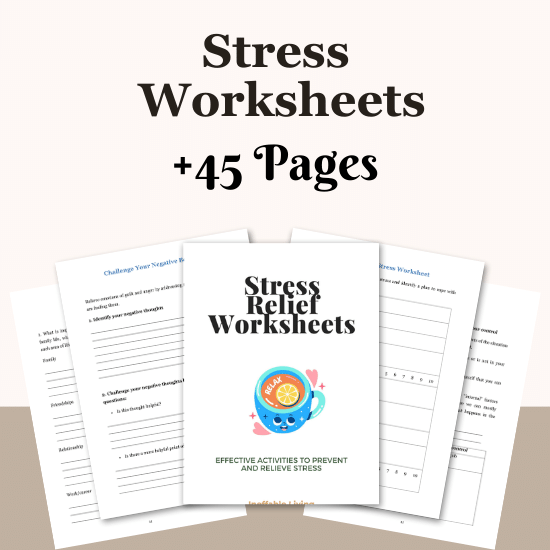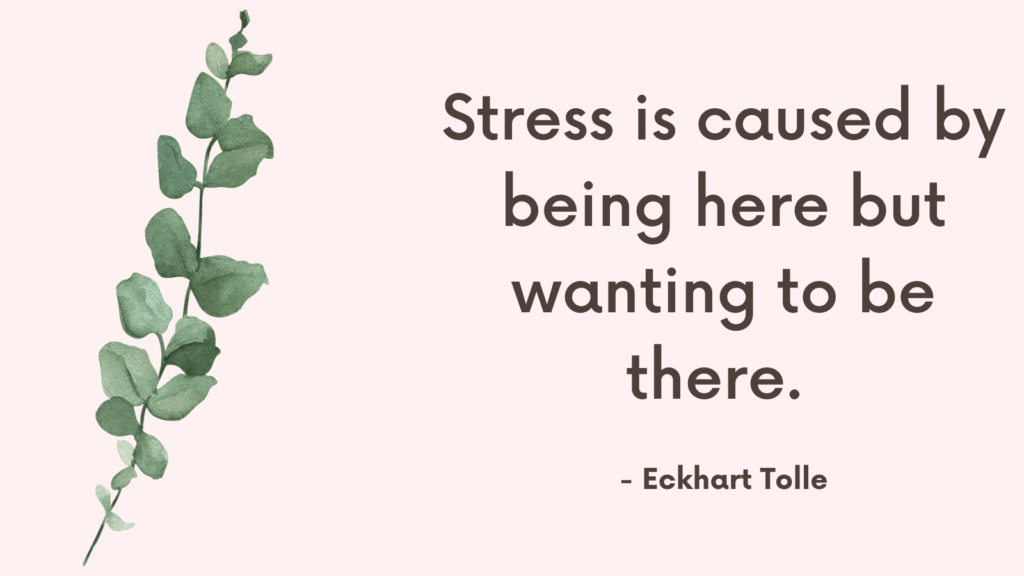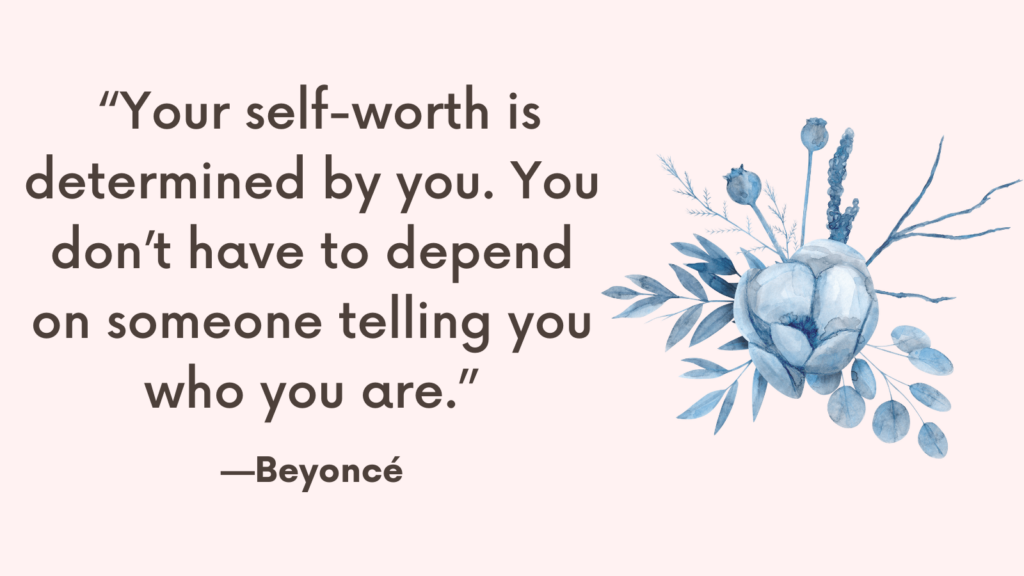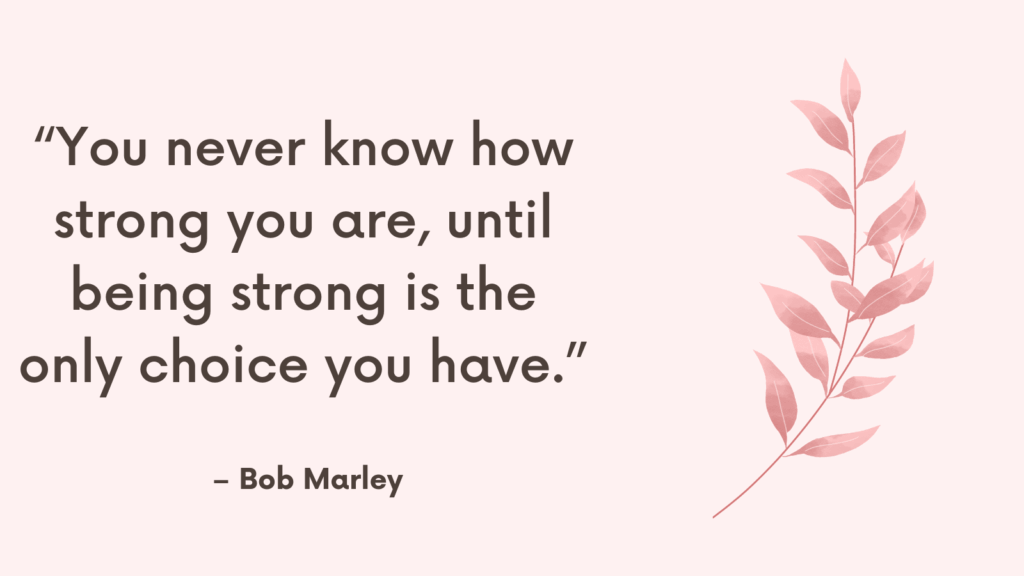Ever notice how your stress seems to intensify at night — right when you’re supposed to be winding down? The worries that felt manageable during the day suddenly become louder, heavier, and harder to shake. You’re not imagining it. Stress often does feel worse at night — and there are real reasons why.
Understanding why this happens can help you respond with compassion instead of panic — and finally get the rest you need.
Why Stress Feels Worse at Night (and What to Do)
1. Your Brain Has Fewer Distractions at Night
During the day, you’re occupied — with work, chores, people, screens. Your attention is pulled outward.
At night, the world gets quieter — and so does your mind’s ability to block out what’s been bubbling under the surface.
With no distractions, worries and regrets have room to echo.
What to do:
- Create a calming, consistent evening routine
- Journal before bed to release looping thoughts
- Try a guided meditation or bedtime story to redirect your focus
2. Cortisol Doesn’t Always Cooperate
Cortisol, your body’s main stress hormone, follows a rhythm — peaking in the morning and dropping at night.
But if you’re under chronic stress, your cortisol levels might stay high in the evening — keeping your body on high alert when it should be winding down.
What to do:
- Avoid caffeine and stimulating activities late in the day
- Use deep breathing to tell your body: “You’re safe now”
- Try gentle movement like stretching, yoga, or a warm shower to help reset
Related: How to Create a Mental Health Support Plan for Yourself?
3. Sleep Deprivation Amplifies Emotional Reactivity
When you’re sleep-deprived, your brain has a harder time regulating emotions. The amygdala (your threat detector) becomes more reactive, while the prefrontal cortex (your reasoning center) slows down.
This makes small worries feel big — and big worries feel overwhelming.
What to do:
- Prioritize consistent sleep routines, even on weekends
- Give yourself permission to rest, even if you don’t fall asleep right away
- Try not to problem-solve in bed — redirect your thoughts gently when they spiral
4. Nighttime Is When Regret and “What-Ifs” Creep In
The stillness of night invites the brain to reflect — but without support or perspective, this often turns into rumination.
You replay old mistakes, imagine worst-case scenarios, and question yourself more harshly than you would in daylight.
What to do:
- Remind yourself: “Now is not the time to solve — it’s the time to rest”
- Write down what’s bothering you to revisit (calmly) in the morning
- Use affirming phrases like: “I did my best today. Tomorrow is another chance.”
5. Your Nervous System May Still Be in “Go” Mode
If you’ve been pushing all day without breaks, your body might not know how to shift gears.
By night, you’re physically tired but mentally overstimulated — like slamming the brakes while still in high gear.
What to do:
- Use progressive muscle relaxation or body scanning
- Light a candle, drink herbal tea, or listen to slow music
- Let your body learn a pattern of wind-down cues that signal: “We’re done for today”
Related: How Your Body Holds Stress—and How to Release It?

Conclusion
Stress feels worse at night because your body and brain are still catching up to the stillness. The silence magnifies what the noise pushed down. But you are not powerless in those moments.
You can teach your body to feel safe again.
You can choose gentleness over panic.
You can rest — even with an anxious mind.
And tomorrow always brings more light, more perspective, and another chance to try again.



